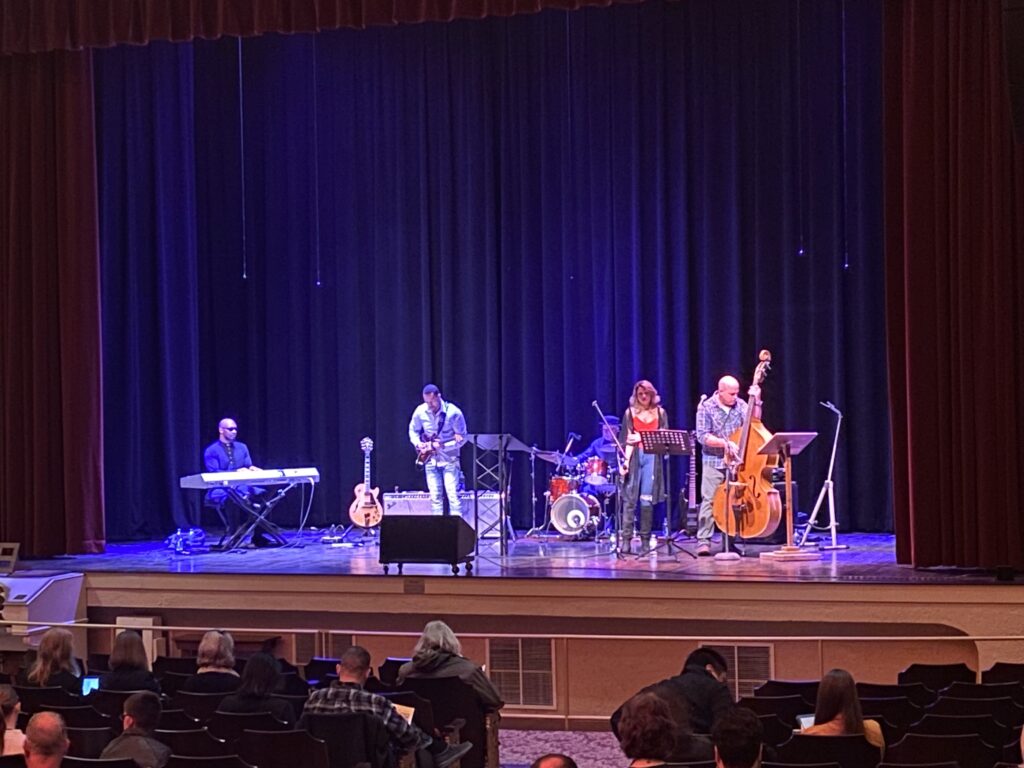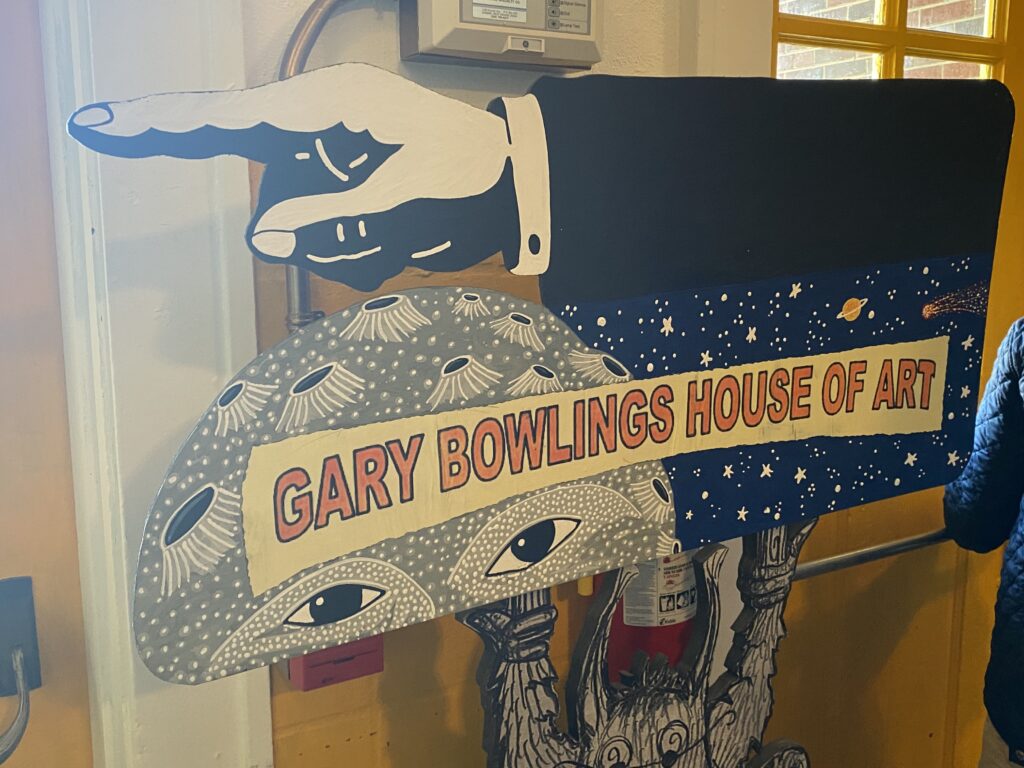Jeff Garrison
Mayberry and Bluemont Presbyterian Churches
April 24, 2022
Galatians 1:1-11
At the beginning of worship
The “Church Curmudgeon” post daily memes on Facebook and Twitter. If you don’t follow him, you’re missing a treat. With humor, he makes so good insights. This week he posted: “Remember, you are made in the image of God and so is that other jerk you’re arguing with.”[1] Did you catch that? “That other jerk” implies they’re two. And we know who the second jerk is, don’t we? This is what happens when we argue for the sake of being right and forget that we’re first to love one another. I want you to hold that thought in our service today as we look at Paul attempting to correct a church heading in the wrong direction.
Before reading the scripture:
This week, we’re starting a series on Paul’s letter to the Galatians. There is debate as to how many and just which congregations he addresses. The Galatians were Gauls, people of Celtic origin, who moved in ancient times into Central Asia Minor (think present day Turkey). However, there was also the Roman providence of Galatia that extended beyond the Galatian ethnic boundaries and included churches in the south in which we know Paul and Barnabas visited and helped organize.[2] But that’s a sidebar. For our purposes, what’s most important isn’t to whom the letter is written, for they are long gone, but the issues Paul addresses.
Paul writes out of concern of false teachings and ideas circulating within these churches. It appears some other missionaries have come in behind Paul, telling the people that they aren’t doing church right. Gentile converts dominated the membership in these churches. These folks left behind their pagan ways and are now being told they must do more to earn their grace. Paul blasts these “agitators” for perverting the gospel and demanding these gentile converts to adopt the Jews ways.
In Galatians, Paul reiterates his beliefs. He summarizes the gospel of grace, informing the Galatians what they should believe and how their lives should reflect God’s mercy.
After the reading of the scriptures:
Jayber Crow.
One of my favorite novels by Wendell Berry is Jayber Crow.Jayber finds himself in Port Williams, Kentucky, Berry’s fictional town, in the late 1930s. He sticks around, becoming the town’s barber. But earlier in his life, Jayber had considered the ministry. He gave it up after he found he had too many questions. Even though his questions remain, in time he begins to serve as sort of a pastor to many in the town, especially the men who find comfort and a listening ear in his shop. In such a position, he also finds himself occasionally in a situation where he must rebuke someone. It’s never pleasant, but sometimes required.
One day, during the height of the Vietnam War, a debate ensued within his shop. There were several men waiting to have their ears lowered, when Troy, one of the local farmers, piped up about the war protestors. “They ought to round up every one of them SOBs and put them right in front of the communists, and then whoever killed who, it would be all to the good.”
Troy’s comments were followed by an uneasy pause. No one knew for sure what to say. Should try to top or counter his remarks. Jayber admits it was hard to do, but he stopped cutting hair and looked at Troy for a bit before breaking the silence.
“Love your enemies, bless them that curse you, do good to them who hate you,” he quietly quoted.
Angrily, Troy glared at Jayber, asking, “Where did you get that carp?”
“Jesus Christ,” Jayber responded.
“Oh,” Troy quietly mumbled. In recalling the encounter, Jayber said “it would have been a great moment in the history of Christianity, except that I did not love Troy.”[3]
Sticking up for the faith
Have you ever been in a situation where what’s being said goes against what you know is true? If so, do you stick up for the truth? Do you stick up for your faith? It can be hard, but do you try to explain why Jesus offers a better way? It’s good if we do, yet we must remember such rebukes must be done with humility and not superiority.
“I didn’t love Troy.” At least Jayber is honest; he knows his faults. He confesses his sin. Although he may not quite be there, Jayber strives and certainly has a vision of how love and graciousness are necessary components to any correction offered to another soul. Rebukes are best done in love.
Paul’s opening
Paul has a problem. He’s got to get these folks in Galatia back on track. They’ve turned onto a siding that’s going to end in disaster if they don’t get back on the mainline. So, he writes this letter to refute the teachings of the false preachers whose work within these churches have caused confusion. Paul cares for the people in Galatia, and he has great concern for what those who have stirred up the mess he’s addressing have done.
Paul begins by claiming his credentials for writing such a letter. He declares he isn’t sent by a human commission. However, the church in Antioch did commission Paul as a missionary, but not on their own accord but because they were led by the Holy Spirit.[4] Paul claims to be an apostle sent by Christ through God the Father. Paul’s authority is divine. He’s working to share the message of hope that comes from Jesus Christ.
Paul is first in a long line of clergy and Christian leaders since, who have been commissioned to do God’s work and who ultimately must answer not to those who have commissioned them, but to God, for their work and actions.
As Paul often does, in his opening, he calls upon the grace and peace of Jesus Christ to be with the church. But here Paul’s goes into more depth. In his other letters, Paul generally moves on after expressing God’s grace and peace. Here he digs in, noting that Jesus has given himself for our sin to free us from the present evil age… All of this is done according to the will of our God and Father, to whom be the glory forever. At the beginning of this letter, Paul provides insight into why he’s writing and from what authority.
The problem in Galatia
The churches in Galatia have a problem. In Verse 6, Paul essentially says, “What are you thinking?” In many of his other letters, Paul at this point in his beginning gives thanks for those to whom he’s writing, but here Paul goes straight to the problem. The churches of Galatia are abandoning the grace found in Jesus Christ. “You’re accepting another gospel,” Paul accuses. And then, as if Paul realizes what he wrote is quite right, clarifies himself. “There are no other gospels.” The gospel, the good news, can only be found in Jesus Christ.
Paul closes out our section this morning, returning to his claim that he was not sent by a human commission. Now he says he does not seek human approval, nor is his first concern to please people. If that’s the case, he would not be a servant of Christ.
The tension in which we live
Paul is living in the tension of all clergy. Who are we to please? The governing board of the church, the Elders, those who contribute the most, those who have the loudest voice, or none of the above. The answer: “none of the above.” The first concern, for clergy, is Jesus Christ. But this doesn’t apply only to me. The same applies to all you, lay members of the church. We seek to please only Christ. And sometimes, as Jesus himself made clear, there will be opposition.[5] However, we’re to still look to Christ, for on that final day it will no longer matter what everyone else says or does. Hearing our Savior say, “Well done, good and faithful servant,” is all that matters.[6]
However, like the character Jayber Crow in my favorite Wendell Berry novel, we must be careful. We can’t use “pleasing Christ” as an excuse to say spiteful or hateful things. Whenever we are called to correct someone else, we must do it out of love for both God and for others.
Conclusion
We’re not that different from the Galatians. I remember learning to play baseball. It’s the same with golf and tennis. You must keep your eye on the ball. Keep your eye on the ball, just as with our faith, we must keep our eye on Jesus. And we must keep love in our hearts. Thankfully we worship a merciful God who is willing to forgive, for if our salvation depended just on us, we’d be in a heap of trouble. In thankfulness for God’s mercy, keep your eye on Christ, keep him in the center of your life. Ultimately, what matters is that we please him. Amen.
[1] https://www.facebook.com/chrchcurmudgeon/
[2] Ronald Y. K. Fung, The Epistle to the Galatians (Grand Rapids: Eerdmans,1988), 1.
[3] Wendell Berry, Jayber Crow (Washington, DC: Counterpoint, 2000), 287.
[4] Acts 13:2.
[5] For example, see Matthew 24:9-14.
[6] Matthew 25:21




















